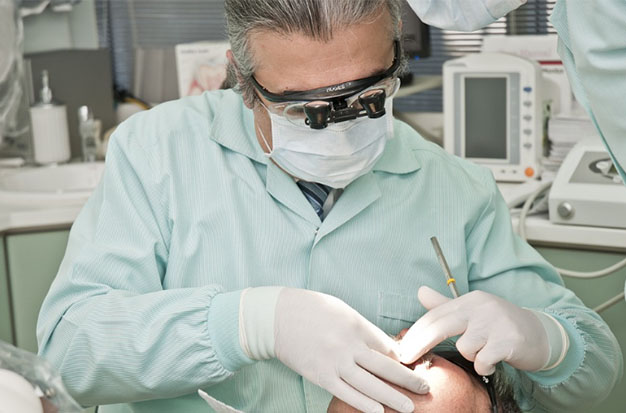
How Long is the Average Dentist Appointment (Dental Check-Up)?
Average dentist appointments typically last only 30 to 60 minutes. It’s easy, painless, and incredibly beneficial for your oral health to have your teeth professionally cleaned.
The majority of dental appliances and procedures generate a profit for dentist appointments; dental examinations do not. You’ll pay between $50 and $200 for a basic dental exam, but if you also need X-rays and a typical dental cleaning, your costs may go up.
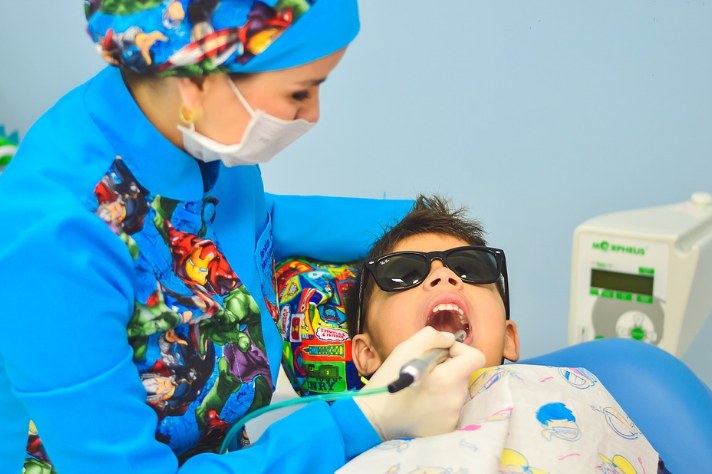
Why Do Dentist Appointments Take That Much Time?
You should typically be in and out of the dental office in 45 minutes or less if you are having a routine dentist appointment. The check-in, x-rays, exam, and check-out are all included in that period of time, so it includes more than just the dental cleaning. The total time required for the appointment will be around 45 minutes.
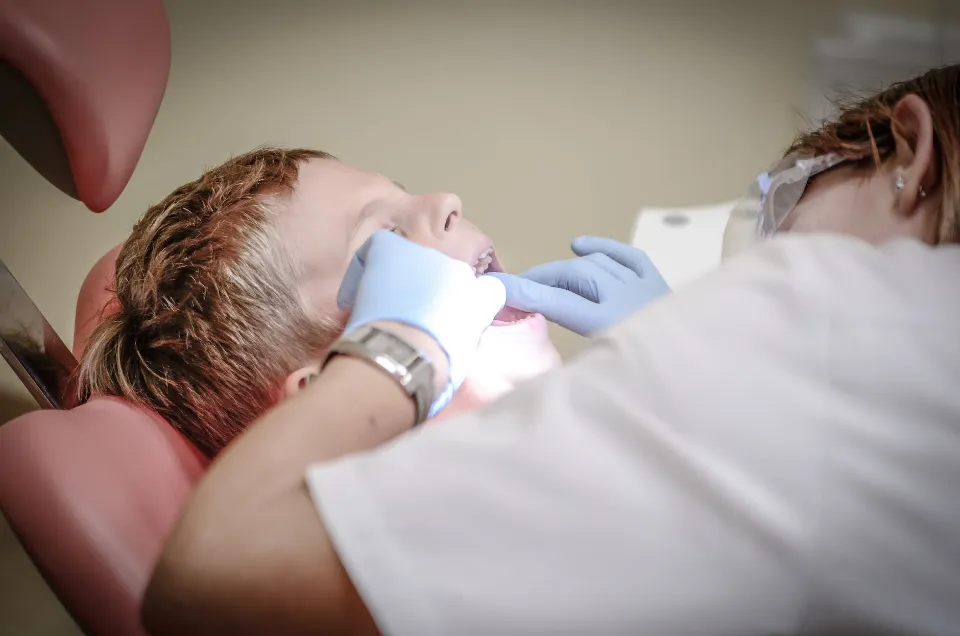
- Check-in. It is customary to check in at the front desk before any dental appointment. They must validate both your personal information and, if applicable, your dental insurance.
- Dental x-rays. Because your dentist can’t see between your teeth, no checkup is complete without a set of x-rays. On your teeth’s tops and sides, they might be able to see cavities, but not in between them. The decay in between that we normally can’t see will be captured by the x-rays. Additionally, it will reveal any potential bone abscesses. (Read More: How Long Can A Cavity Untreated)
- Exam. Next comes the examination, where your dentist will review all of the x-rays and examine each tooth in detail. After that, they will consult with you about any potential treatments you might require.
- Teeth cleaning. Everyone looks forward to the cleaning because today will be the day that all of the tartar and plaque that you were unable to remove at home is removed. An ultrasonic scaler is used initially, and hand scaling is then used for finalization. Your teeth will receive a prophy paste polishing at the very end.
- Check-out. Checking out is the last procedure before leaving the dentist appointment. Before receiving insurance benefits, you might need to pay a copay or an annual deductible. Your goodie bag, which typically includes a toothbrush, floss, and travel-sized toothpaste, can be yours once the payment has been made.
Because there are many logistics and financial considerations involved, the dentist appointment takes as long as it does.
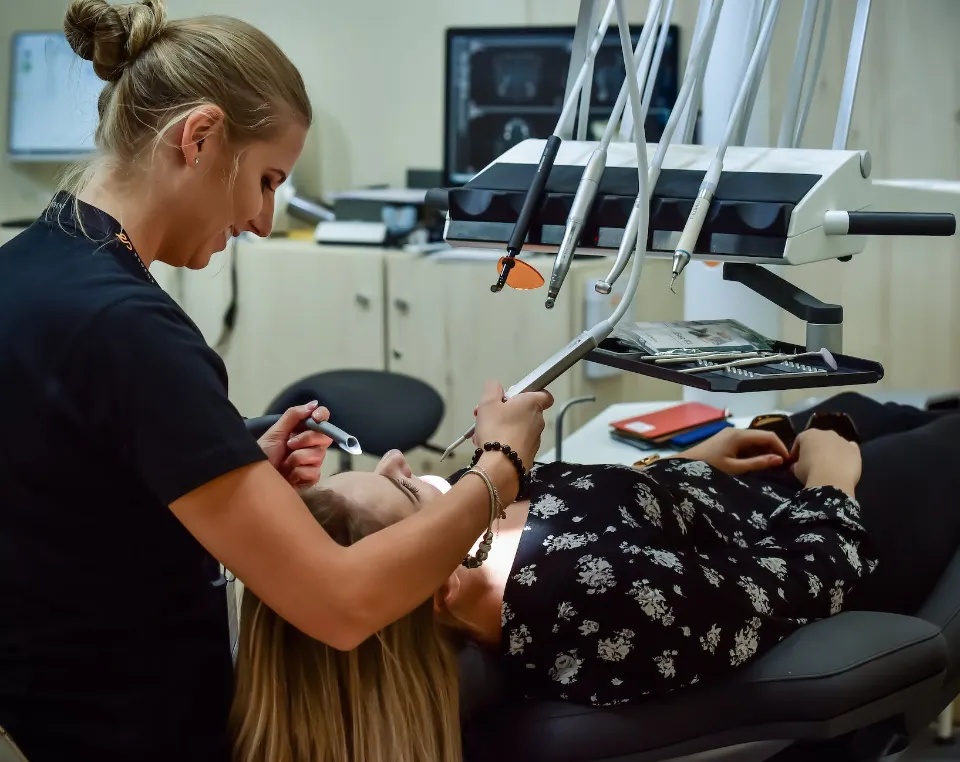
Factors That Make the Dentist Appointment Take Longer
A routine dental appointment should go without a hitch, but sadly, we frequently encounter problems or snags. You will spend more time at the dentist as a result of these unnecessary factors, which always lengthen dentist appointments. Others can be avoided with advance planning, while some of these are out of our control.
Some of the problems that might come up during your visit are listed below.
Paperwork
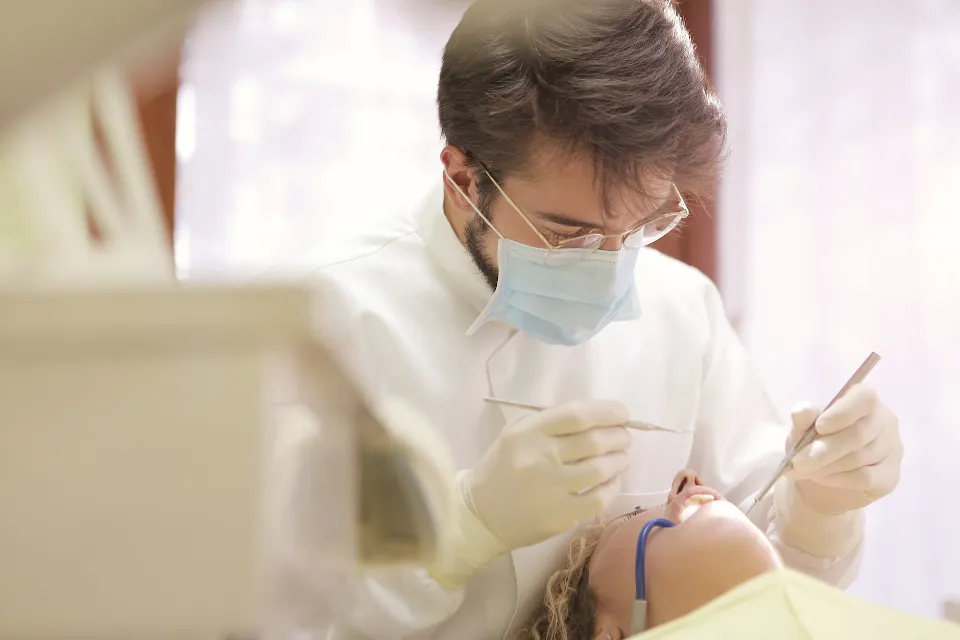
You should prepare to fill out a lot of paperwork if you are a new patient visiting the office for the first time. All of your personal information, including your insurance information, will be required by your dentist.
Verifying the insurance and completing all of the paperwork can take some time. If you have the insurance and are the primary subscriber, it is typically simpler to verify your eligibility. It might be more difficult to verify you if it’s your spouse or your parents because we occasionally need information about them. You may have to wait a while before hearing back from someone if you don’t know their social security number or date of birth.
Dentist Appointment Type
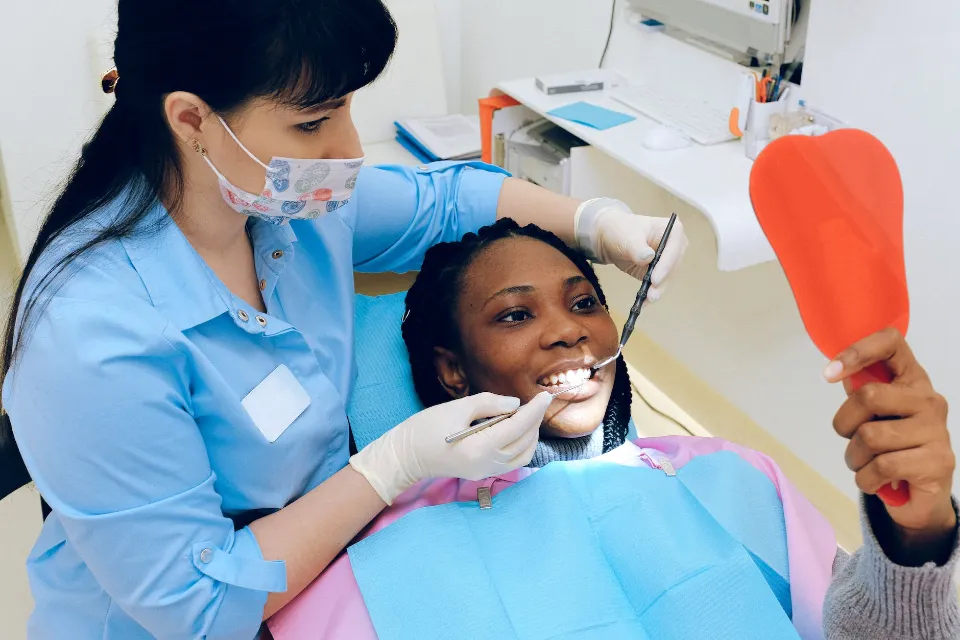
Routine dental visits, such as a checkup and cleaning, usually last for about 45 minutes, but if you require a more involved procedure, such as having your wisdom teeth removed or getting a full mouth of veneers, you should plan to stay much longer.
So, it really depends on why you’re visiting the dentist. Is it for some straightforward fillings and a cleaning, or do you require a complicated procedure? To determine how much time to allocate for the dentist appointment, you could always ask your dentist how long it would last.
Complications
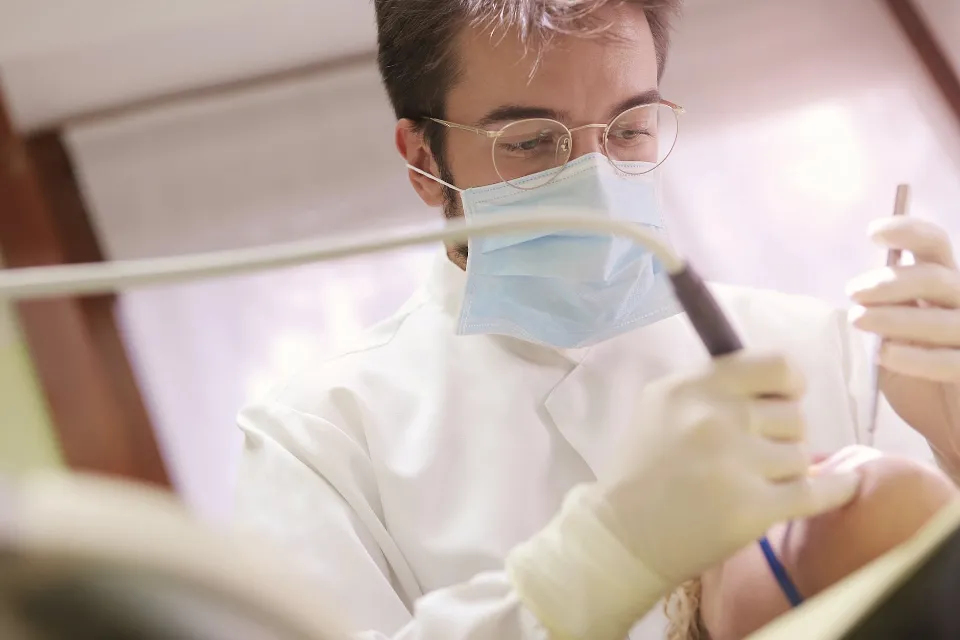
While receiving treatment, complications could occur, such as a diabetic fainting from low blood sugar. Health issues can unanticipatedly lengthen a dentist appointment.
Here is a lost of possible health complications:
- Low blood sugar causes fainting.
- Convulsions while seated.
- panic attacks and anxiety.
- angina or a stroke.
While it’s possible for dental procedure-related complications to occur even if your health is otherwise unaffected by the visit. These will frequently aggravate your dentist or cause them to start perspiring because it is complicating their procedure.
Here are some possible dental complications:
- When a wisdom tooth is being extracted, it splits in half.
- There is an additional nerve in the tooth that requires a root canal.
- It turns out that tiny cavity wasn’t so tiny after all.
Cost of Dentist Appointment

All dentist appointment procedures vary in price depending on the individual patient’s needs; for example, an extraction may cost $50 to $900, while a root canal may cost $300 to $2,000, etc. Dental work is more expensive than candy, but sugar is less expensive. Dental implants range in price from $1,000 to $3,000. As a result, you will pay more for a white dental implant than a metal one. Dentures ultimately cost $300–5000 per plate. For this reason, it’s important to maintain good oral hygiene. (Read More: How to Whiten Dentures and Remove Stains with 7 Tips?)
In contrast to the need for a dental implant to replace a lost tooth, a $150 dental exam is nothing. Dental exams may not always be covered by Medicare, but they are with Medi-Cal. Medicaid is a state-funded program that also covers dental care.
Read More: How Long Will Dentures Last
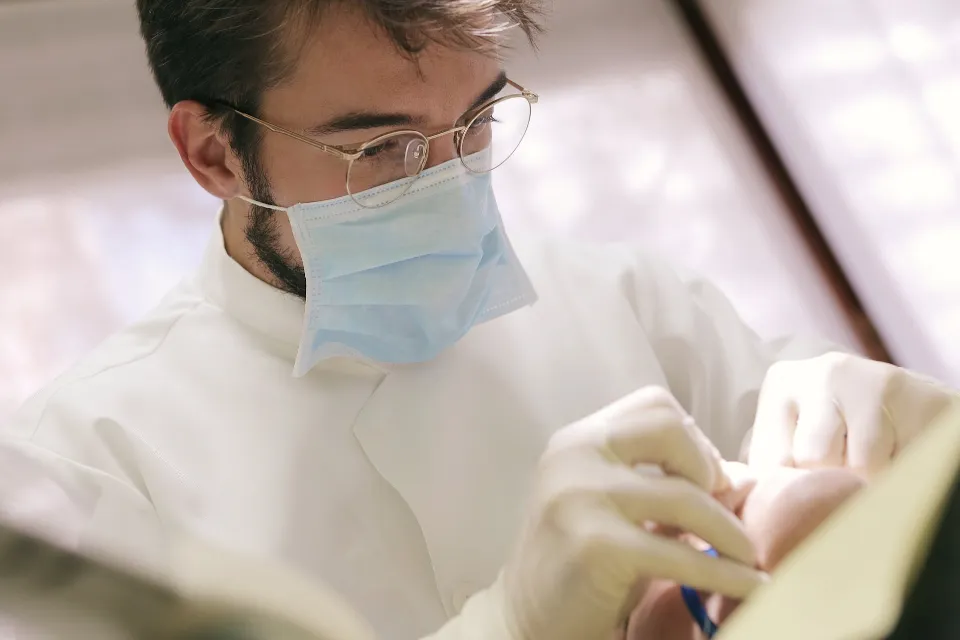
Due to the fact that a patient should invest in two exams, two cleanings, and one set of x-rays per year thanks to basic dental insurance, dental insurance plans do want to emphasize preventative care. If you do decide to pay for dental work, you should go in for the dentist appointment because having healthy teeth will cost you less than having unhealthy ones.
Only those with regular dental visits qualify for dental insurance in order to reduce costs. The overall health objectives you are attempting to maintain include dental health, which is crucial.
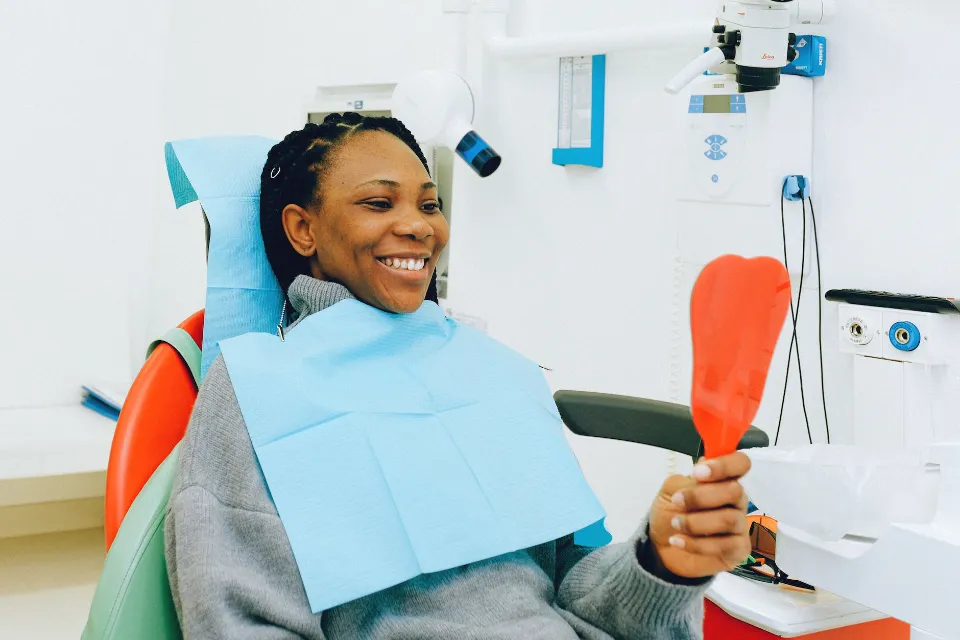
Your inability to visit the dentist due to the average cost of dental care. If the students need to conduct clinical practice on live guinea pigs, dental schools might offer you discounted dental care. If you truly need dental care but are unable to pay for it, this is one option. Real dentists oversee the interns. Many organizations provide dental care at a reduced cost.
What Makes Dentist Appointments Take Less Time?
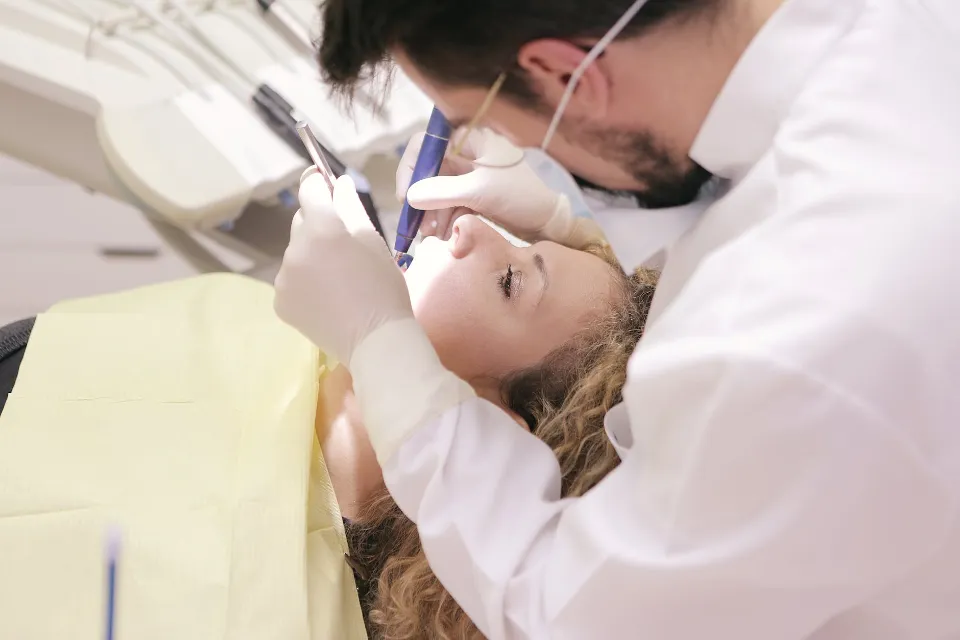
If you were returning for your six-month checkup and nothing personal had changed, your dental appointment would only be shorter. In other words, you will return exactly six months later.
- Additionally, your address hasn’t changed or you’ve moved.
- Since you didn’t change jobs, your dental insurance remains the same.
- With regard to your teeth, you don’t experience any pain or sensitivity.
If every one of those circumstances holds true, you might be able to complete your appointment faster than the usual 45 minutes, finishing in about 30. There aren’t many updates, so the check-in process is condensed. There shouldn’t be too much tartar and plaque buildup if you also had a cleaning six months prior. The appointment would be a breeze and wonderful if that were the case!
When Should You Visit Your Dentist?
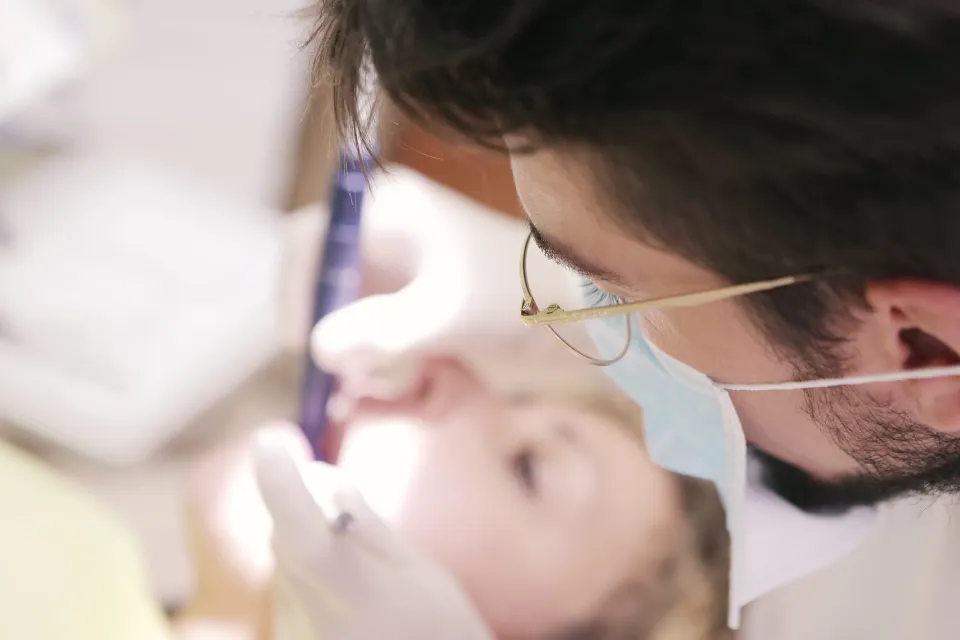
Your general oral health is greatly influenced by your daily routine. Even the most diligent brushers and flossers should visit the dentist every six months. Although twice-yearly trips to the dentist are the norm, your individual needs for an exam and cleaning may vary from that. The American Dental Association (ADA) advises that you not only visit your dentist frequently but also give them the freedom to choose the cleaning schedule that will best serve your needs for optimum oral health.
It’s crucial to know how to properly care for your mouth and teeth at home. You can have excellent oral health and avoid needless trips to the dentist by applying the appropriate knowledge and daily habits.
Takeaway
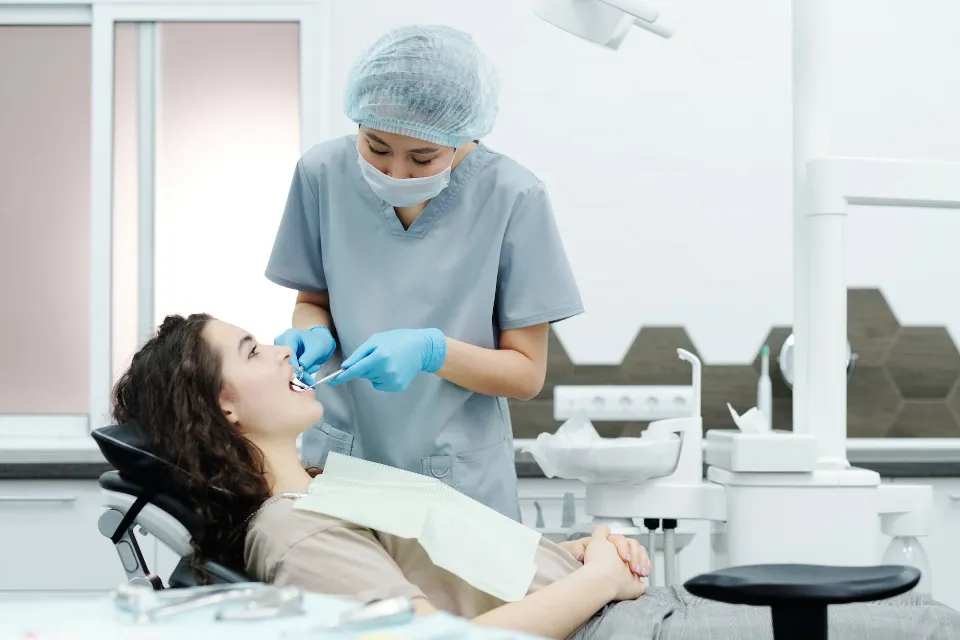
The average check-up and cleaning at the dentist should only take 45 minutes. If it requires more time than that, there is usually a problem or complication with the check-in procedure. While some of these you can reduce by being organized before your appointment, others are beyond your control.
Even so, it never hurts to have all of your insurance details at the ready, as well as perhaps some completed health forms. Most people don’t want to spend an entire day at the dentist, so you can save yourself some time!




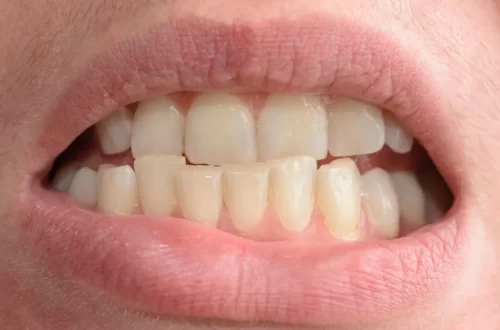
Average Rating